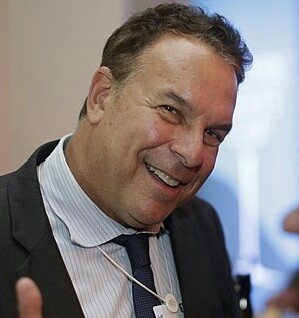A Quote by Rutger Bregman
A world where wages no longer rise still needs consumers. Middle-class purchasing power has been maintained through loans, loans and more loans. The Calvinistic reflex that you have to work for your money has turned into a license for inequality.
Related Quotes
A consolidation makes sense only if you can lower your overall interest rate. Many people consolidate by taking out a home equity line loan or home equity line of credit (HELOC), refinancing a mortgage, or taking out a personal loan. They then use this cheaper debt to pay off more expensive debt, most frequently credit card loans, but also auto loans, private student loans, or other debt.








































